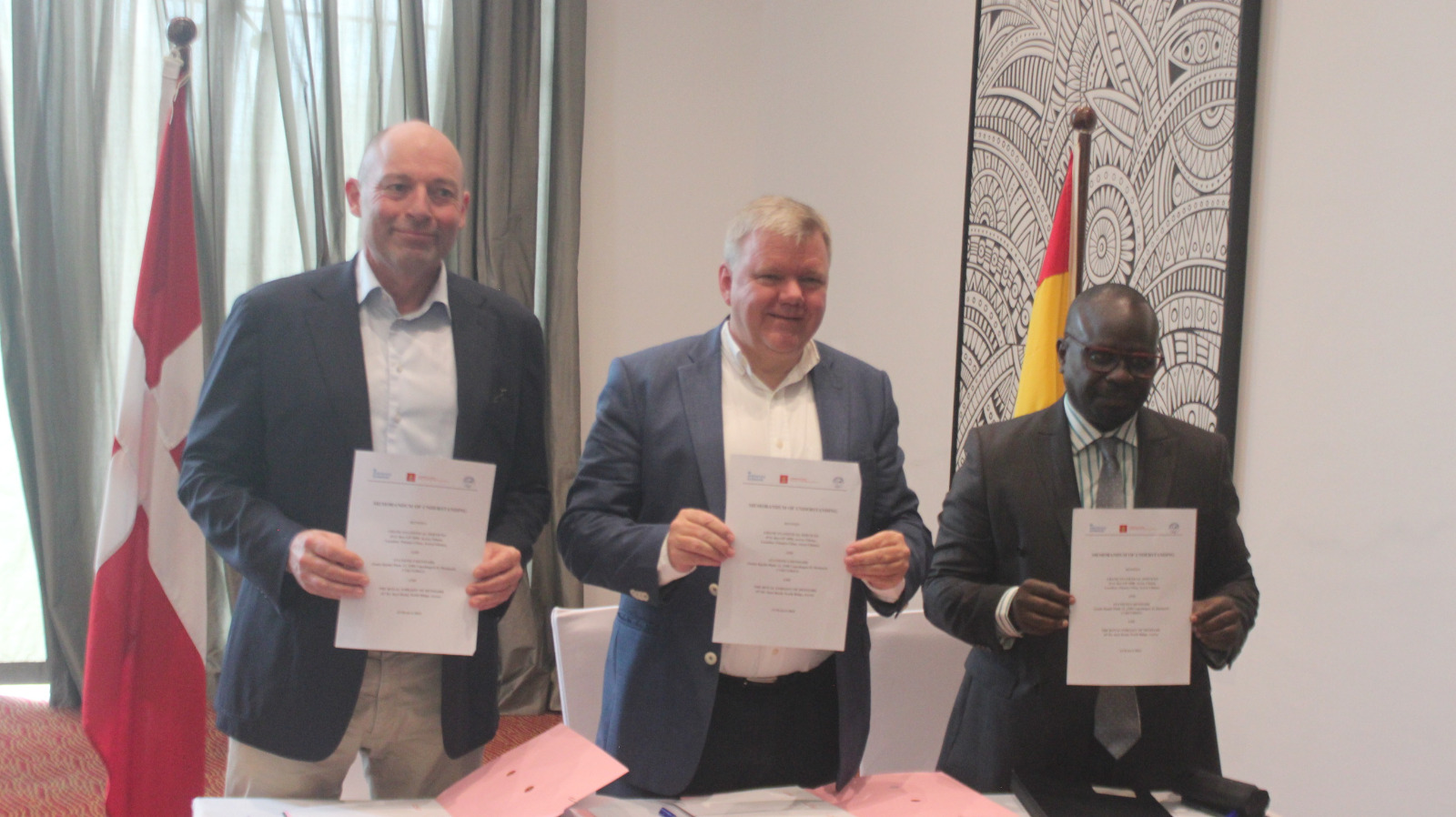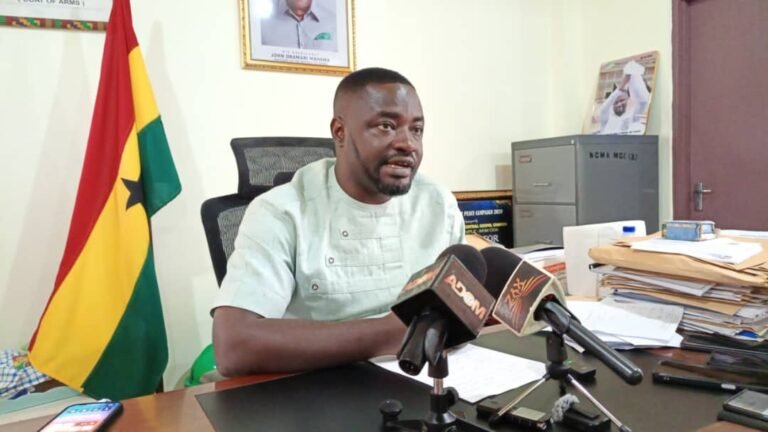
 The Ghana Statistical Service (GSS), Statistics Denmark (SD), and the Danish Embassy in Ghana have announced the Strategic Sector Cooperation Statistics (SSCS) Phase II.
The Ghana Statistical Service (GSS), Statistics Denmark (SD), and the Danish Embassy in Ghana have announced the Strategic Sector Cooperation Statistics (SSCS) Phase II.
This is the second phase of their strategic partnership to boost the production of official statistics aimed at promoting evidence-based decision-making in Ghana.
Speaking at the Memorandum of Understanding (MoU) signing of the SSCS II yesterday in Accra, the Denmark Ambassador to Ghana, Tom Nørring, said it was wonderful to see so many supporting its common objective of more use of administrative data.
He, together with Government Statistician, Professor Samuel Kobina Annim and Carsten Ulrik Zangenberg, Director of Communication and Sales at the Statistics Denmark, did the signing.
Mr Nørring added that it was refreshing to see Ghana embracing data sharing across authorities and ministries, allowing GSS to be a key actor in a democratic society linking data and providing statistics for decision making.
He stressed that the SSCS II would further bring about better data leading to better decisions, to achieve what true and real power means. He mentioned that the SSCS would help in coupling data from the Ghana card with electoral processes, business registry ownerships, youth in education facilities transitioning into the labour market, health institutions, etc.
Endless opportunities
According to him, the opportunities are endless for integrating already existing administrative data across authorities and ministries by a national statistics bureau to produce stand-alone analysis to inform policies and decision-making.
“We saw examples of the endless opportunities at the hackathons last year – a very successful activity in phase I of our cooperation. Students from five different universities in Ghana were invited to develop a product based on the data from GSS’STATSBANK and compete against each other.
“I was very impressed by the final products, which showed both how inventive and driven the young people of Ghana are, and what amazing and innovative products (we never dreamed of) can be created from available data through the STATSBANK,” he added.
He said beyond the success of SSCS Phase I, he looked forward to this phase II of the collaboration. “I am particularly intrigued to follow the advancements on the green transition driven by advancements on the collection and use of administrative data, for example, on households’ and industries’ water consumption or on emissions from the various industries,” he indicated.
He noted the importance of collaboration between a national statistics authority and other authorities. “Only through agreements on data sharing can the power of existing administrative data be leveraged to its full potential for the betterment of society as a whole and help tackle challenges,” he stressed.
Statistical system
Taking his turn, the Government Statistician, Professor Samuel Kobina Annim, said the collaboration aims to strengthen Ghana’s National Statistical System by leveraging survey and administrative data efficiently while addressing existing data gaps through digitalization.
He mentioned that key focus areas include supporting the implementation of the System of Environmental-Economic Accounts (SEEA), thereby contributing to Ghana’s sustainable development efforts.
He stated that with access to existing administrative data, GSS would be able to more efficiently and cost-friendly provide relevant statistics, so policymakers will be equipped with accurate information for effective decision-making.
He added that the partnership demonstrates accountability, empowering citizens to hold their leaders accountable and actively participate in the democratic process. Ultimately, he indicated, the collaboration seeks to ensure that Ghana’s progress towards a greener, more sustainable future is equitable and just for every citizen.
Objectives for Phase II
Prof. Annim revealed that the second phase of the Strategic Sector Cooperation with Ghana started on January 1, 2024. He added that, during the year, the focus would remain on exploring administrative microdata opportunities with pilots, data sharing agreements, and mapping of existing administrative data in the National Statistical System.
He stressed that efforts would also continue on green statistics and further enhancing the capabilities of the key staff at GSS and in the National Statistical System.
“The Ghana Statistical Service, Statistics Denmark and the Danish Embassy are committed to maximizing the impact of this collaboration and fostering a data-driven culture in Ghana,” he stated.
Phase I successes
Prof. Annim recalled that during the first phase, efforts focused on exploring the use of administrative microdata, particularly in connection with the new Ghana card.
He added that Phase I prioritized digitalization with a high-level visit of policymakers to Denmark on a fact-finding mission which led to important discussions on a population register based on administrative data.
In addition, he cited a new statistical databank called Statsbank with open and re-usable statistical data from the 2021 Population and Housing Census was launched.







